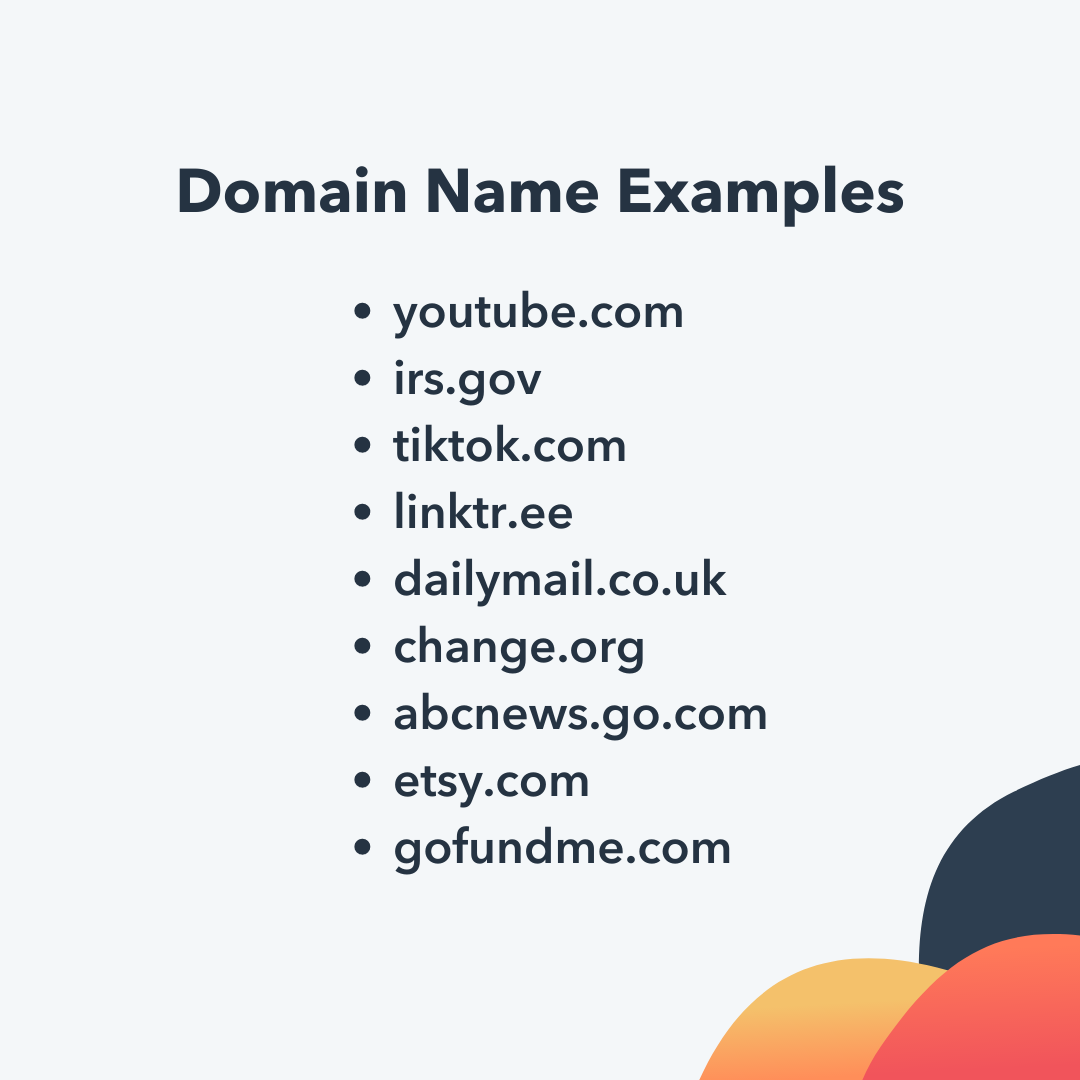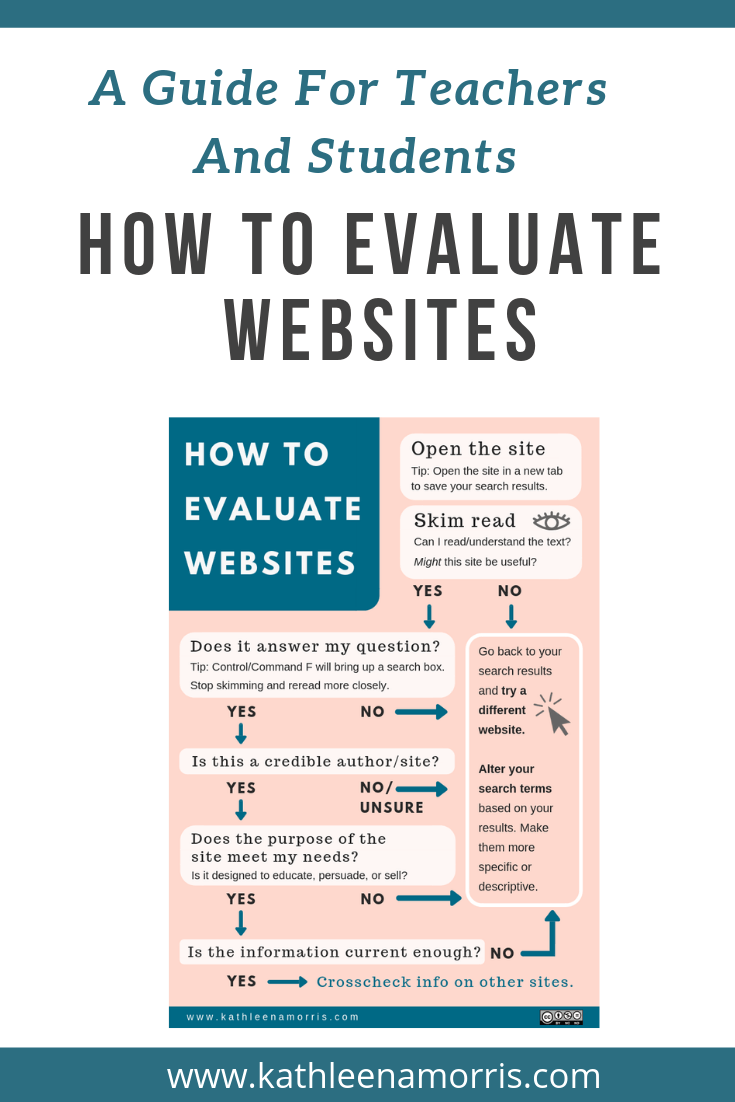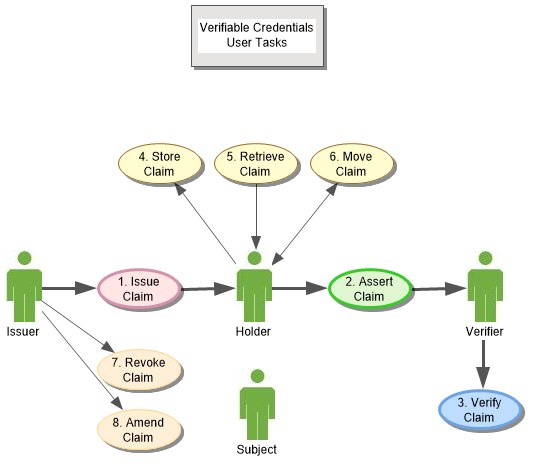How can we identify an authoritive website for any search topic?
 |
How can we identify an authoritive website for any search topic? |
In today's digital age, the internet has become a primary source of information for most people. With the abundance of information available, it's important to be able to identify authoritative websites when searching for specific topics. Authoritative websites are those that are trustworthy, reputable, and provide accurate information. In this blog, we will discuss how to identify an authoritative website for any search topic.
- Check the domain name
The domain name can provide important information about the website. For example, websites with a .gov or .edu domain are usually considered authoritative as they are owned by government or educational institutions. Other top-level domains such as .org or .com can also be authoritative, but it's important to conduct further research to ensure the website is reputable.
- Evaluate the content
Authoritative websites will typically provide high-quality and accurate information. Look for sources that have credible references, are well-written, and are free of grammatical errors. Websites with a professional layout and design can also indicate that they are reputable.
- Check for author credentials
The author of an article can provide important information about the credibility of the website. Look for articles written by experts or those with relevant credentials, such as academic degrees or professional certifications. It's also important to verify the author's qualifications by conducting a quick search.
- Examine the website's authority
Websites that have high levels of authority will typically rank higher in search engine results. You can check a website's authority using tools like Moz or Ahrefs. Websites with high authority scores are more likely to be reputable and trustworthy.
- Look for unbiased information
Authoritative websites will typically provide unbiased information. Look for websites that provide a balanced view of the topic and present both sides of the argument. Be wary of websites that present a biased view or have a clear agenda.
In conclusion, identifying an authoritative website for any search topic is important for ensuring that you receive accurate and trustworthy information. By checking the domain name, evaluating the content, examining the author's credentials, and checking the website's authority, you can determine whether a website is reputable and authoritative. Remember to look for unbiased information and always verify the sources of the information presented on the website.
Here are some images that can help you visualize the key points discussed in this blog:
 |
| Example of different domain names and their meaning |
Example of different domain names and their meaning
 |
| Example of evaluating the content of a website Example of verifying author |
Example of evaluating the content of a website
 |
Example of verifying author credentials |
Example of verifying author
credentials
 |
| Example of checking a website's authority |
Example of checking a website's authority
digital marketers meaning


.jpeg)
